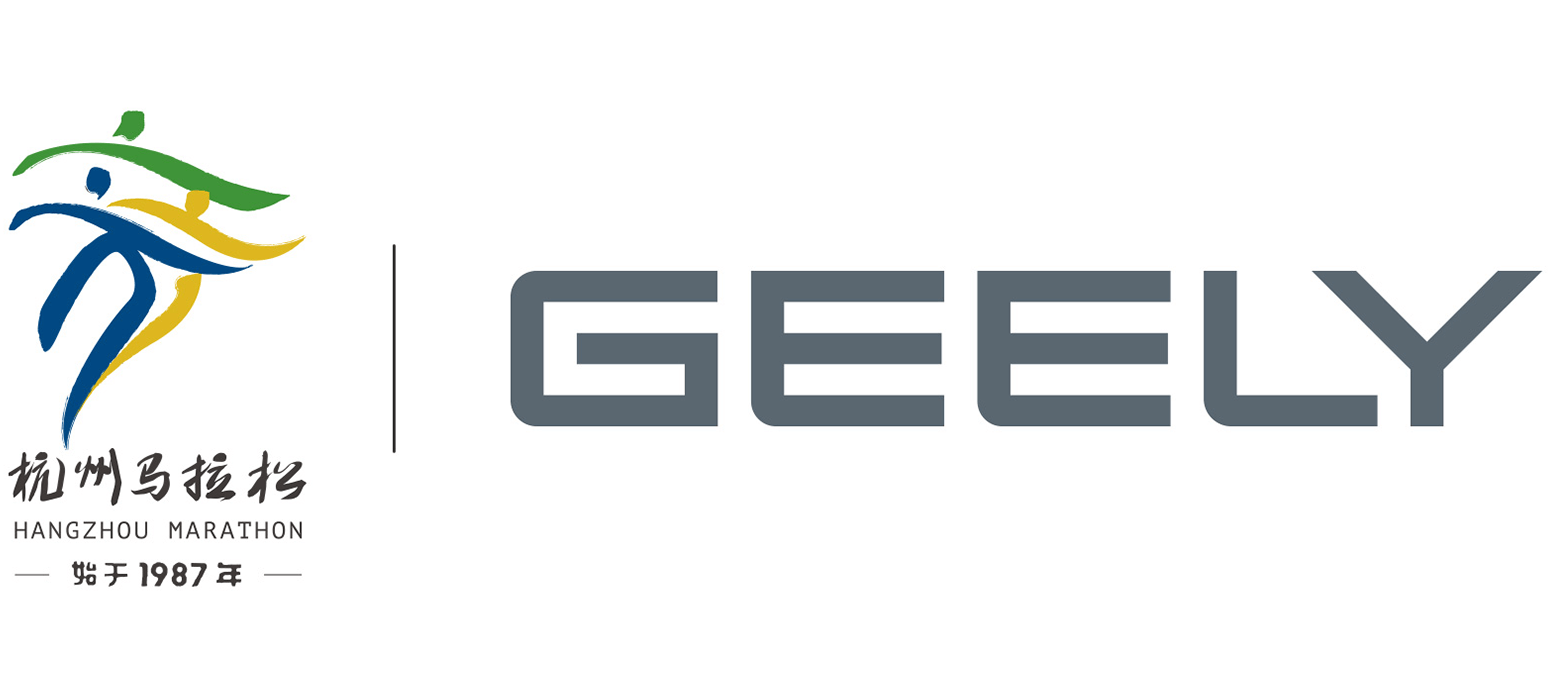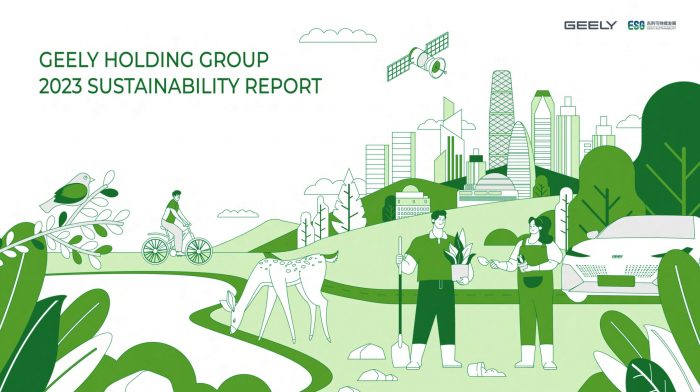On May 22, 2024, the 24th International Day for Biological Diversity, Geely Holding Group (hereinafter referred to as “Geely Holding”) held a press conference themed “Intelligence, Responsibility, and Nature’s Benefits.” During the event, they released the 2023 Sustainability Report and hosted a roundtable forum discussing topics such as carbon neutrality, nature, and value chain responsibility. Together, they explored new strategies and pathways to promote and achieve global sustainable development.
As the first domestic automaker to commit to transforming towards a nature-benefiting business model, Geely Holding shared its sustainable development strategic actions and interim results at this press conference. They built a bridge encompassing industry organizations, investors, academic institutions, and upstream and downstream partners in the industrial chain to jointly support sustainable development in the industry. During the event, Geely Auto Group and Shougang Group signed a “Memorandum of Cooperation on the Circular Economy and Closed-Loop Recycling Value System for Automotive Steel.” The two parties will collaborate to optimize the entire chain of automotive steel production, usage, and recycling, aiming to achieve efficient recycling and maximize the resource value of automotive steel.
Actively Promoting Sustainable Transformation Towards the Carbon Neutrality Goal
As a member of the United Nations Global Compact, Geely Holding has set an overarching goal to achieve full value chain carbon neutrality by 2045. The company is dedicated to creating a resilient, responsible, and sustainable zero-carbon transformation value chain. Geely actively promotes the “Triple Zero” vision—zero carbon transformation, zero ecological burden, and zero fatalities—through initiatives in three main areas: carbon reduction, carbon utilization, and carbon management. They are exploring carbon neutrality pathways tailored to the characteristics of the automotive industry and mobility sector in China.
Regarding carbon reduction, Geely Holding is vigorously promoting new energy mobility. In 2023, the company achieved total sales of approximately 2.79 million vehicles, with over 980,000 being new energy vehicles (NEVs), resulting in a NEV penetration rate of 35%. On the product side, Geely incorporates sustainable development concepts into the entire value chain of the vehicle lifecycle. New materials, new technologies, and new concepts, along with low carbon and recycling, have become key directions in vehicle development. On the production side, 17 manufacturing bases have been rated as “National Green Factories,” and three manufacturing bases have been rated as “Zero-Carbon Factories.” The Volvo Taizhou plant became Volvo Cars’ first climate-neutral plant in China. On the operations side, Geely is extensively promoting the use of low-carbon new energy vehicles within its logistics system, optimizing transportation modes to reduce carbon emissions in the logistics process.
In terms of carbon utilization, Geely Holding is deeply engaged in the green methanol ecosystem. The world’s first 100,000-ton green low-carbon methanol plant was officially put into operation last year, with an annual production capacity of 110,000 tons of methanol, directly reducing carbon dioxide emissions by 160,000 tons per year. Last year, Geely also supported the Hangzhou Asian Games by using green methanol regenerated from waste carbon as the main torch fuel for the first time globally, achieving zero emissions within the cycle and contributing to the creation of the first carbon-neutral Asian Games in history.
Roundtable Forum: How Should Enterprises Address Changes in Industrial Transformation Around ESG?
In terms of carbon management, Geely is continuously enhancing its carbon performance through two main approaches: building an internal carbon management system and developing its own carbon management information platform. The self-developed digital carbon management platform, “Geely Carbon Cloud,” has undergone version iterations and is now used by 1,669 partners across the industrial chain, jointly building a carbon reduction ecosystem. Additionally, Geely has assisted local governments in creating an innovative zero-carbon transportation demonstration plan for urban public areas and has promoted this plan to industry peers to share carbon management experiences.
Collaborating with Multiple Parties to Create Sustainable Shared Value
Sustainable development is not an optional question but a mandatory one. Geely not only actively practices the principles of green and sustainable development itself but also takes on a proactive role in driving the industry forward. By partnering with its supply chain, collaborators, and global employees, Geely jointly fulfills social responsibilities and creates value for the sustainable development of the industry.
Geely Holding actively plays a leading role as a chain master enterprise. In 2023, the company updated its “Geely Supplier Code of Conduct” and promoted the full lifecycle management of suppliers and traceability of key raw materials through its self-developed Geely Trace Cloud blockchain platform, driving sustainable development across the upstream and downstream enterprises. Additionally, Geely Holding continues to implement its “Talent Forest” cultivation strategy, investing approximately 76 million RMB in employee training to support career development and educational advancement, achieving a win-win for personal value and corporate growth. Embracing an open approach and deepening cross-industry collaboration, Geely Holding established strategic partnerships with DRB-HICOM Group, Tianqi Lithium, Renault Group, and others in 2023. This accelerates innovation in the new energy vehicle industry ecosystem and promotes a green and equitable transformation of the global automotive value chain.
Xu Yun from Zeekr: Highlights of Sustainable Development Strategy in the Safe Mobility Sector
As a responsible enterprise, Geely believes that adhering to green and low-carbon development involves creating a safe and reliable travel environment for all road users with products and services that meet higher safety standards. The goal is to promote “zero accidents, zero fatalities” in intelligent mobility. Multiple models under Geely’s brands have received five-star ratings from both the China C-NCAP and European E-NCAP safety assessments. By the end of 2023, Geely had over 40 subsidiaries certified under ISO 9001:2015 for quality management systems, covering processes such as automotive product design and development, manufacturing, logistics, and component design and development services. Additionally, 15 manufacturing bases have been certified under the IATF 16949 quality management system.
Continuously Strengthening Compliance Building to Solidify the Foundation of Sustainable Development
Since the introduction of its sustainable development strategy, Geely Holding has integrated the concept of sustainability into all aspects of its business. Focused on “adhering to compliance and legal governance,” the company has deeply embedded legal and ethical standards into its corporate DNA, continuously creating long-term value for partners and customers. In 2023, Geely improved its governance structure and compliance system and conducted comprehensive risk identification and assessment to ensure all employees practice integrity and compliance. As a global competitor, Geely seizes the opportunity presented by the dual circulation strategy, emphasizing global compliance, adhering to laws and regulations of various countries, respecting different social and cultural contexts, and setting an example of legal and ethical conduct. The company’s governance level improves annually, achieving win-win cooperation with global partners while earning respect for Chinese automotive industry worldwide.
As Geely’s sustainable development strategy is gradually implemented, it is not only having a positive impact on Geely and its business units but also continuously supporting the shared prosperity of “people, industry, and society.” Geely is committed to working with industry partners to steadfastly follow the sustainable development strategy, standing shoulder to shoulder with all stakeholders. Together, they aim to build a new ecosystem for the low-carbon and sustainable development of the new energy vehicle industry, contributing to global carbon neutrality and a sustainable future.



